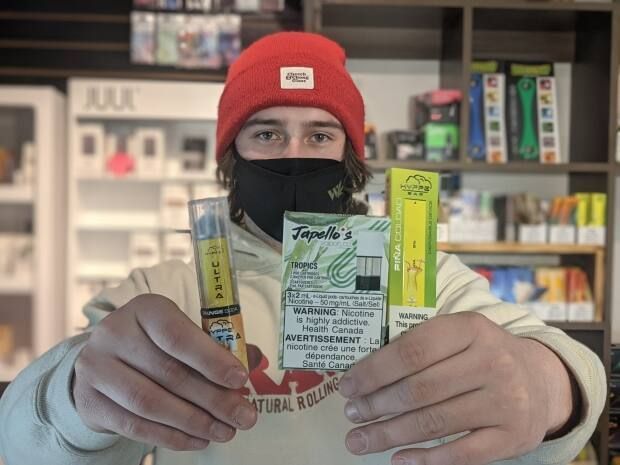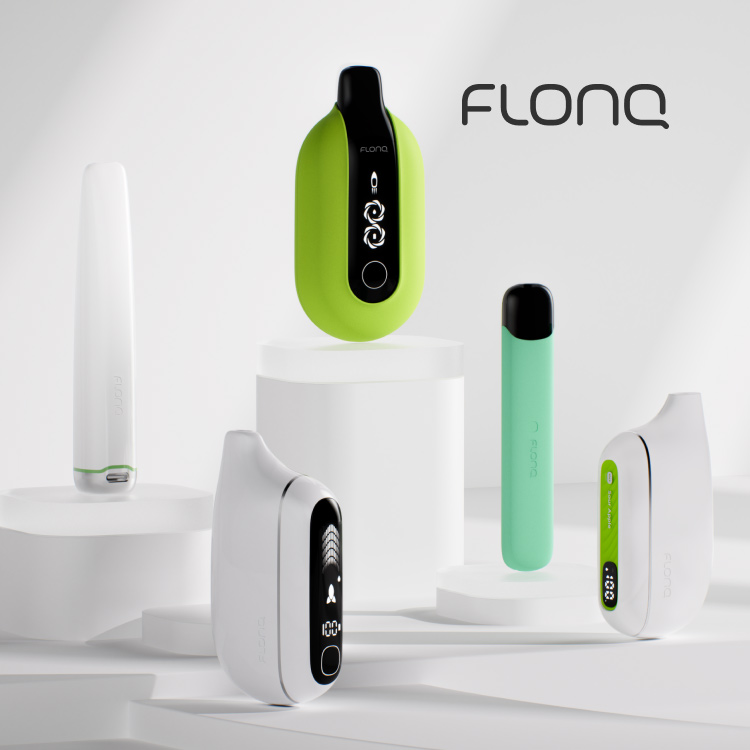The Evolution of Change
- Industry insights News This Week This Issue
- September 29, 2023
- 10 minutes read

Credit: Auremar / Dreamstime.com

“The more things change, the more they stay the same,” is an expression that has been around for almost two centuries, and it speaks to the fact that the small picture(s) of life may change, but the larger one does not. The vape industry and all the challenges and changes that have happened in the past decade are totally contrary to that famous saying.
A decade ago, the vape industry was the epidemy of the Wild, Wild West, full of vape shops springing up on every corner, and any/everyone creating e-liquids in their bathtubs at home. Regulation and competition changed all that and brought some semblance of “orderliness” to the market, but as state and federal regulations bombarded the industry, and with the FDA creating onerous and unattainable guidelines, the vape space has truly become one of survival.
I recently attended a vape event in Phoenix which brought together several dozen top manufacturers, distributors, and buyers, and universally everyone lamented the same concern: business is down.
Why is business down?
The reasons are many, including strict regulations, and now, even more enforcement of those regulations, but overall, the cause was much simpler. The huge COVID-19 rebound in 2020-22 put more money in consumers’ pockets and more time on their hands. Those issues combined created an artificial bubble that many thought would last. But time has passed. Add in the inflation that has pushed up food and other cost of living expenses, and some former necessities are now becoming unaffordable luxuries.
“It’s a balancing act between the addictive nature of some nicotine products and the limitations of buyer’s budgets,” said Jamie Reed with Simple Vape Supply from Orange County California. “I’ve been in the industry for over ten years, and this is evolution in its purest form and based around ’survival of the fittest.’”
Simple manufactures and distributes over 100 different assortments of nicotine cartridges, including disposables, including various iterations of CBD, Delta-8 and Kratom.
“It’s interesting,” Reed added. “When I got hired, I was told that there was an ‘expiration date,’ and we all knew that this industry might not last, and that the cream would rise (to the top). We planned to be one of those surviving companies, and we’ve been able to adapt to the times.”
Her company, along with many that are still around, were mostly run by rebels, radicals, and envelope pushers; and many have in fact changed accordingly, but some have merely learned how to “play the game” and outwardly appear to be toeing the line, but the reality may be different.
“We were aware that the COVID blip was a one-time event. People were home, they had government money to spend, and no one was checking in on them or requiring any urine tests. The Delta (8,10) boom really added to that, and everyone jumped on that bandwagon,” she said excitedly.
That line of CBD was an example of how the industry has and continues to push back. The FDA says you can’t do this, so the industry says, “F-you, then we’ll do that.”
With regulation eliminating or reducing product selection, almost any industry will do the same thing: adapt; repurpose, or reposition.
Of the dozens of people I spoke with at the event, the numbers (from shop owners and manufacturers) were pretty consistent, and most of them were down 20 to 30 percent. Many were saying that purchase sizes were lower than normal and a typical ten-thousand-dollar order was now half that. They saw some shops closing, but most were working on smaller revenues.

Meanwhile, on the other side of the equation, vape liquid manufacturers who are trying to “play the game” right and submitting premarket tobacco product applications (PMTAs) to the U.S. Food and Drug Administration are frustrated at the amount of time it takes and how much money is being thrown into a (seemingly) dark hole.
I spoke with one of the owners of a large vape manufacturing business and distribution company in Idaho, and he shared some facts and figures about their process of trying to make their products “legal.” Legal, in the eyes of the FDA, has caused his company to squander over $5 million in the past few years trying to get authorization.
Mike Larsen is a detailed and focused vape guy who has been in the industry for over a decade and is with Lotus Vaping Technology, which started in 2011. As a partner and director of sales, he is on the front line of everything the company does to stay legal and compliant and is riding the roller coaster ride on a daily basis.
“Disposables have really changed the game,” he said, “and they have reduced the role of vape shops where people used to come for education and guidance. Consolidations and closures have also reduced the shop numbers by 30 to 40 percent, and now you have larger conglomerates doing the work of the multitude of shops.”
We spoke about a possible flavor ban nationally, and he said he was skeptical.
“The PMTA process has already reduced or eliminated flavors, so it may not be necessary to go to that length. There have been between six and seven million submissions by thousands of companies, and so far, just 23 have been approved. I know of a few companies that submitted over a million applications themselves. And here’s the irony: everyone approved has been a Big Tobacco company, and they make up just a fraction of the total vaping market.”
The second irony on top of that, is that those so-called approved products are ones that no one wants.
We talked about whether those approvals were fair or were the result of favoritism and bias, and he smiled since we both knew the answer.
“When you look at the PMTA process and the rigid requirements, it seems pretty obvious that they were written to the advantage of the larger, established companies, and the “small guy” had very little chance in this skewed game. You can’t even budget for something like this,” he continued. “The original filing costs over a million dollars, and I know several companies that have put another ten million in, only to get denied. Who has deep pockets like that? In 2016 I could have named over 150 liquid companies doing good business; today I can name about three dozen.”
And that is why the number of companies manufacturing tobacco and vape products is half what it was and is getting smaller every year. The FDA changes the rules of the game continually.
“There’s something happening here, but what it is ain’t exactly clear,” is the beginning line of a song that speaks to changes going on in society. That song by Buffalo Springfield may have nothing to do with vape, but the message says the same thing: there is something happening here although it may be clearer than we realize. We all knew this would happen; it was predicted a decade ago.
In the vape space, the more things change…the more things change.
Norm Bour is the founder of VapeMentors and works with vape businesses worldwide. He can be reached at norm@VapeMentors.com.
